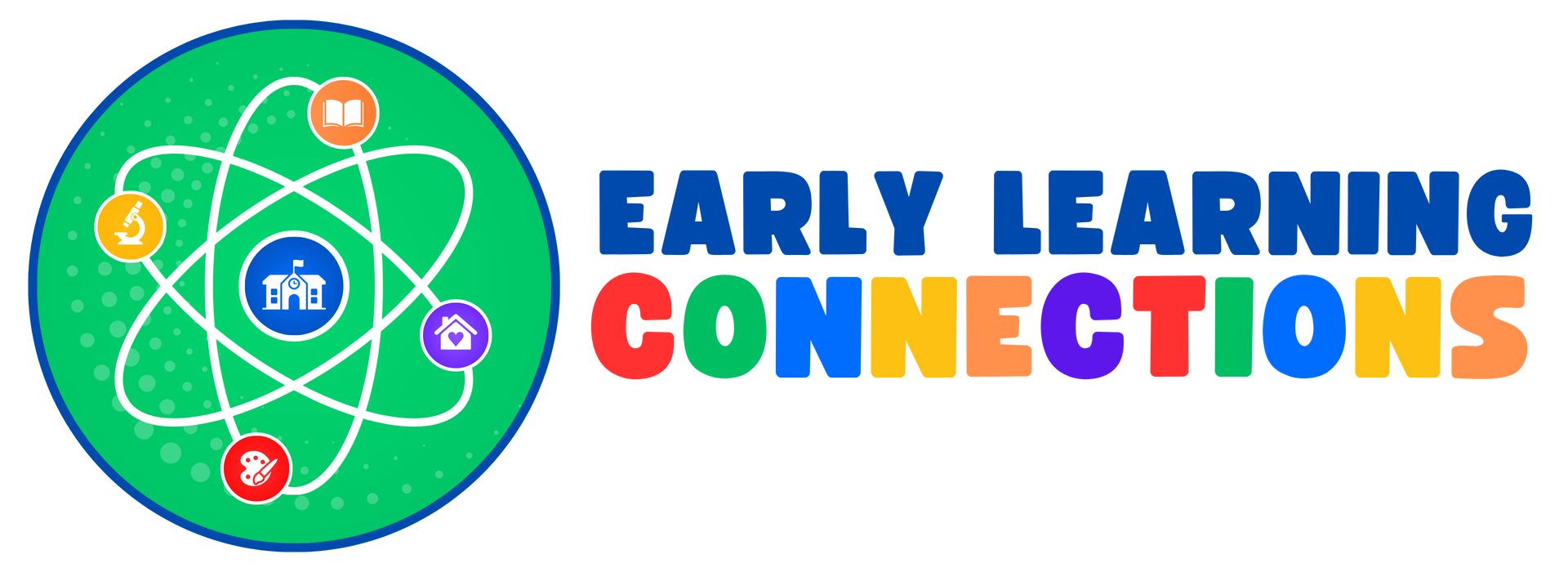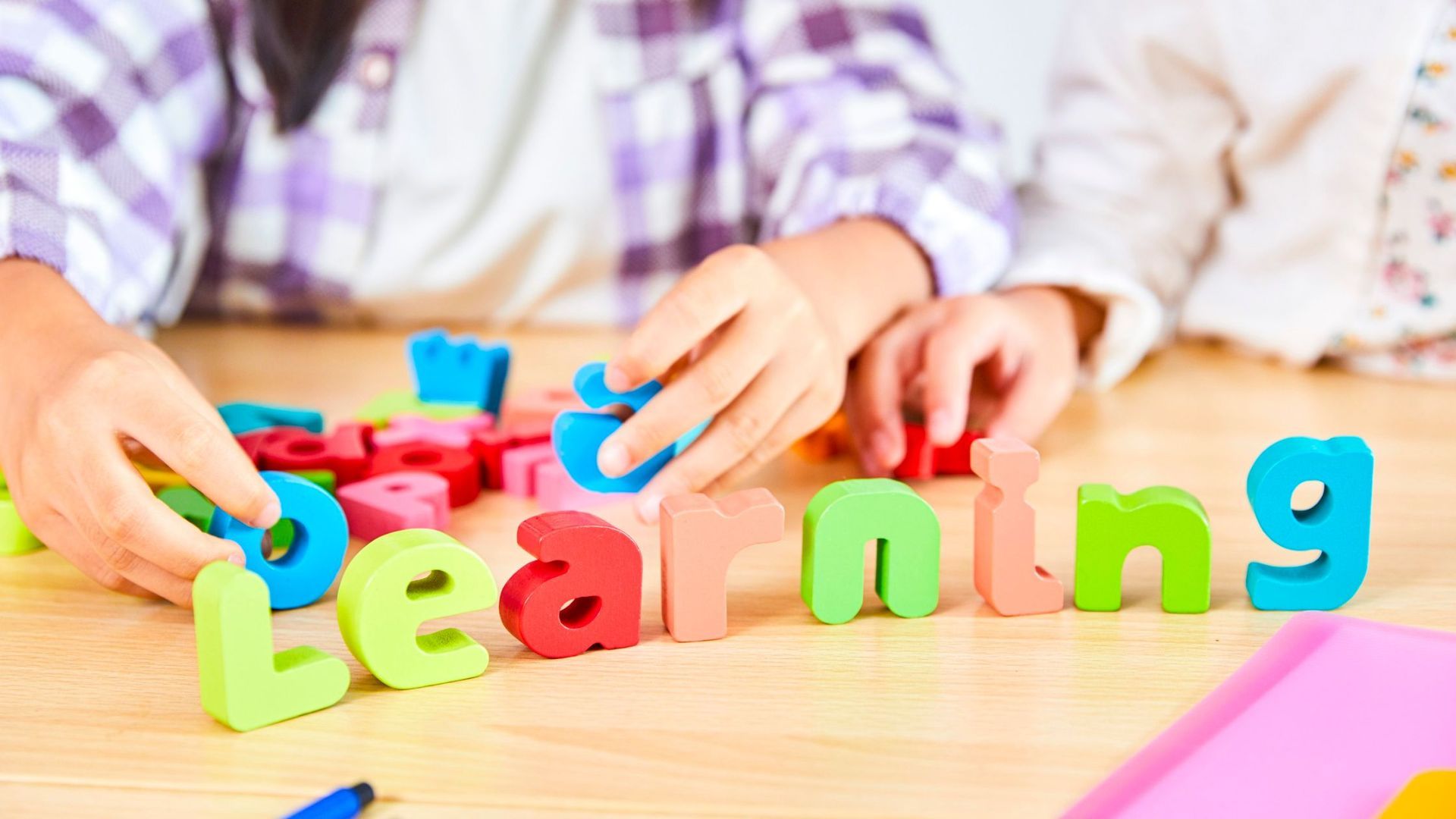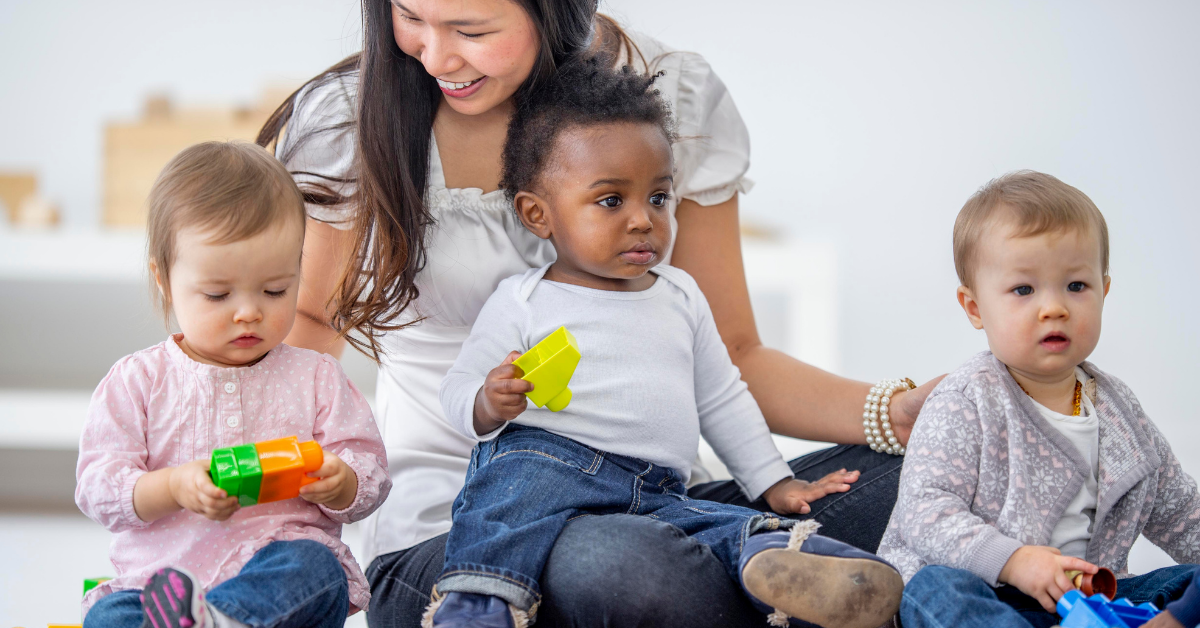The Importance of Early Childhood Education for Lifelong Success

Early childhood education (ECE) is more than just the foundation for academic learning—it shapes the entire trajectory of a child’s life. During these critical early years, children’s brains undergo rapid development, making it a prime time for learning and skill-building that will serve them well throughout their lives. The importance of early childhood education goes far beyond teaching basic academic concepts; it plays a pivotal role in emotional, social, and cognitive development. This blog post explores how early learning supports brain development, fosters social skills, and sets the stage for academic success—laying the groundwork for a bright future.
Brain Development and Cognitive Growth
The early years are a period of exceptional brain growth. By age five, a child’s brain is 90% of its adult size, making these years crucial for laying the foundation of future learning. Early childhood education leverages this critical period of brain development to enhance cognitive skills. Through play, exploration, and structured learning, children’s brains form connections that support various aspects of their development, including language, problem-solving, and reasoning abilities.
When children are exposed to quality early education, they develop stronger cognitive skills, which translate into better performance in school and beyond. For instance, early experiences with books, numbers, and engaging activities help children build a strong vocabulary, boost memory, and develop an understanding of math concepts. These early academic skills contribute to smoother transitions into formal education and a more successful educational journey.
Social Skills and Emotional Development
Beyond academics, early childhood education is integral in fostering social and emotional growth. Children learn essential skills such as communication, cooperation, empathy, and conflict resolution in early learning environments. Interacting with peers and educators helps children navigate social situations, build relationships, and understand social norms, which are crucial for success in school and later in life.
For many children, early childhood education is their first experience interacting with peers outside the home. These social experiences help children learn how to share, take turns, and express their feelings appropriately. In a structured educational setting, children are encouraged to collaborate with others, which strengthens their ability to work as part of a team—a skill they will carry with them throughout their academic journey and into their professional lives.
Emotional development is also a significant aspect of early childhood education. Children learn to manage their emotions, cope with challenges, and develop a positive self-image. Educators create safe, supportive environments where children can express themselves, learn to regulate their emotions, and build resilience. These emotional skills contribute to greater confidence, perseverance, and the ability to handle stress as they grow older.
Academic Success and School Readiness
Early childhood education plays a direct role in preparing children for academic success. Research consistently shows that children who attend high-quality early learning programs are better equipped for kindergarten and beyond. These children typically perform better in literacy and math, exhibit stronger problem-solving abilities, and have higher levels of motivation and engagement in school.
One of the key goals of early childhood education is to ensure that children are "school ready" when they enter formal education. School readiness involves more than just academic skills; it also includes social, emotional, and behavioral readiness. A child who has had positive early learning experiences is better able to transition into the school environment, engage with teachers and classmates, and manage the demands of the school day.
Early education programs often focus on foundational skills such as recognizing letters, numbers, shapes, and colors. However, they also emphasize the development of executive functioning skills—such as attention, memory, and self-control—that are crucial for academic success. These skills are developed through activities like following directions, completing tasks, and working independently, all of which set the stage for a successful academic career.
Long-Term Benefits of Early Childhood Education
The benefits of early childhood education extend far beyond the preschool years. Studies have shown that children who participate in high-quality early learning programs are more likely to graduate from high school, attend college, and experience long-term success in their careers. Early education has been linked to improved economic outcomes, as children who receive quality early learning are more likely to hold steady jobs and earn higher wages as adults.
Furthermore, early childhood education can help close the achievement gap for children from disadvantaged backgrounds. Research indicates that children from low-income families who attend high-quality early education programs are more likely to succeed academically and socially than those who do not. This is why investing in early childhood education is often seen as a key strategy in promoting social equity and helping to ensure that every child has access to the opportunities they need for lifelong success.
Early childhood education also plays a role in reducing behavioral problems and improving mental health outcomes. Children who have positive early learning experiences tend to have fewer issues with behavior in later years. They are also less likely to experience emotional difficulties such as anxiety or depression, as early education programs provide children with the skills to manage emotions and interact positively with others.
Parent and Community Involvement
The benefits of early childhood education are maximized when parents and caregivers are actively involved in their child’s learning. Parents play a crucial role in reinforcing what children learn in school and supporting their educational development at home. Many early childhood programs encourage parents to participate in their child’s learning through activities such as reading together, attending parent-teacher conferences, and engaging in school events.
Community support is also vital to the success of early childhood education. Quality early education programs are often a collaborative effort between schools, parents, and local communities. When communities prioritize early childhood education, they create an environment that values the well-being and future success of all children. Access to community resources, such as libraries, extracurricular activities, and health services, further enhances the educational experience for young children.
How Parents Can Support Early Education at Home
While formal early childhood education programs provide invaluable learning experiences, parents can also support their child’s development at home. Simple activities such as reading aloud, singing songs, playing educational games, and engaging in conversations can help children build language skills, stimulate their creativity, and foster a love for learning. Creating a supportive learning environment at home can complement the skills children gain in preschool and reinforce their cognitive, emotional, and social growth.
One of the most effective ways to support early childhood education at home is through reading aloud daily, which enhances language development and fosters a love for learning.
Additionally, parents often wonder about the benefits of year-round early education programs, and understanding the truth about year-round daycare can help in making informed decisions for their child’s developmental needs.
Conclusion
Early childhood education is a critical investment in a child’s future. The cognitive, social, emotional, and academic skills that children develop in their early years have lifelong implications for their success and well-being. By providing a nurturing and stimulating learning environment during these formative years, we are setting children on a path toward greater opportunities, better outcomes, and a brighter future. As parents, educators, and communities, we must recognize the importance of early childhood education and work together to ensure that all children have access to the tools and resources they need to thrive.










